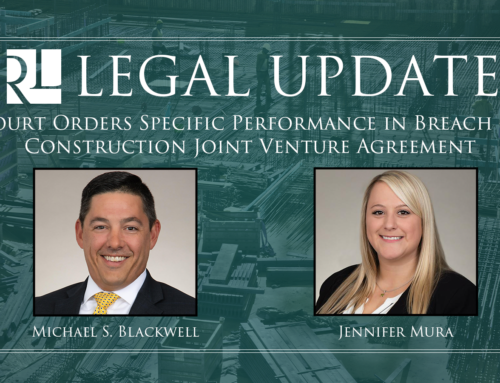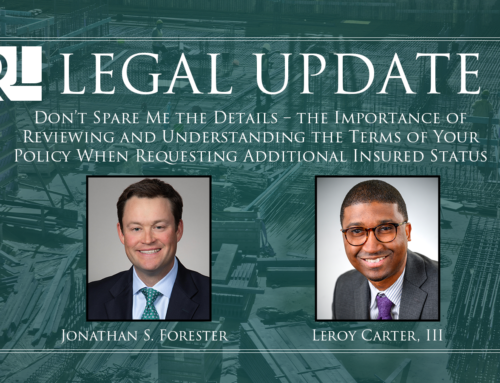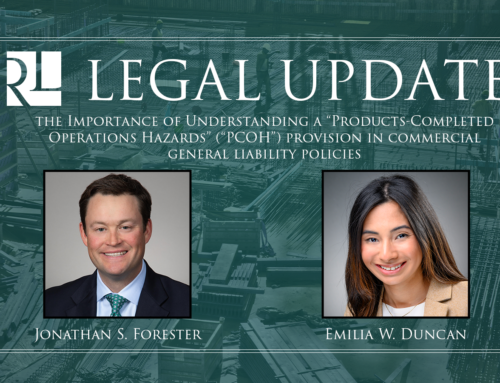Strategic Planning Associates (SPA) was subcontracted by a general contractor, Core Construction Services (Core), to renovate the Sophie B. Wright High School in New Orleans. SPA secured performance and payment bonds from United States Specialty Insurance Co (USSIC), naming Core as obligee and SPA as principal. In the general indemnity agreement (GIA), SPA granted USSIC the “right, title, and interest in . . . any causes of action, claims, demands, or actions of whatsoever kind” and “the right, in its sole and absolute discretion, to adjust, settle, prosecute, defend, compromise, litigate, protest, or appeal any claim, demand, suit, award, assessment or judgment on or in connection with any Bond, Bonded Contract, or Contract.” Additionally, SPA irrevocably designated USSIC “as their attorney-in-fact with the right, but not the obligation, to exercise all of the rights . . . assigned, transferred and set over to [USSIC] in this Agreement.”
The project fell behind schedule and disputes arose between subcontractor and contractor, each blaming the other for delays. The surety was put on notice and asked by Core to supervise SPA’s work, to which the surety agreed. After USSIC informed the contractor that its obligations under the performance bond were not triggered unless Core terminated the subcontractor, Core promptly terminated SPA and made demand upon the surety. Subsequently, USSIC denied Core’s claim under the bond allegedly due to breaches of the subcontract with SPA. Core sued the surety for $1,443,581.79. The parties settled. In the settlement, USSIC (1) agreed to pay Core $450,000; (2) settled the claims by Core against SPA; and (3) waived SPA’s rights against Core. An arbitrator determined that USSIC had the right under the GIA to settle all causes of action between the parties. USSIC subsequently made payment under its payment bond of approximately $720,000 to SPA subcontractors and suppliers who had not been paid.
After settling with Core, USSIC filed suit against SPA and its indemnitors to recover the amounts paid under the bonds, as well as additional losses, attorney’s fees, and costs. The indemnitors filed a counterclaim alleging: (1) bad faith breach of the GIA; (2) bad faith breach for issuing payment and performance bonds; (3) bad faith violation of a fiduciary duty; (4) detrimental reliance; and (5) liability for SPA’s claims against Core. USSIC filed a motion to dismiss the first three claims. The court ultimately dismissed all three causes after analyzing the language of the GIA and bond agreements between SPA and USSIC, finding they did not allow SPA to assert a cause of action.
The court first held that although a surety’s bad faith payment gives the principal obligor a defense to the surety’s right of reimbursement, it does not give the principal obligor an independent cause of action against the surety. Moreover, the mere existence of a suretyship contract does not impose fiduciary duties upon the surety in favor of the principal. The court further concluded that the plain terms of the performance and payment bonds revealed that these suretyship contracts imposed no obligations upon USSIC in favor of SPA or the indemnitors and, therefore, they could not state a claim against the surety for bad faith breach of contract. Finally, the court held that the GIA imposed no obligations on the surety in favor of the principals or indemnitors, precluding them from making a claim for bad faith breach of an indemnity agreement.



